The wellness products we can’t live without — and why we should ditch them
A consumer group has highlighted the wellness trends we waste our money on.
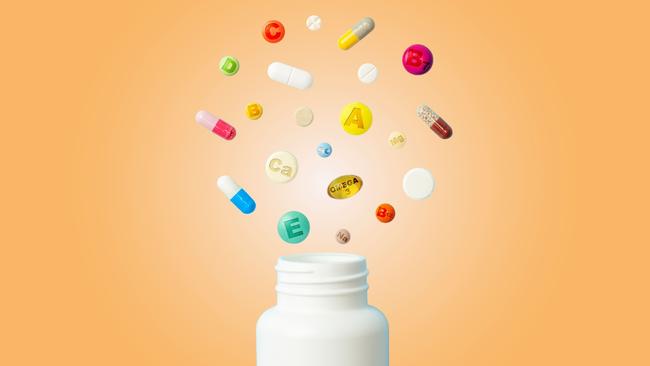
They are the health and wellness products we think we can’t live without, but do we really need detox teas, vitamin “shot” drinks and collagen supplements? A new report by Which? condemns these and other health trends as mostly pointless and a waste of money. The consumer watchdog also warned that “slick packaging” and “premium prices” should not be taken to indicate efficacy when it comes to improving your health.
According to Which? many “must-have” wellness products don’t stand up to scientific scrutiny. It found “insufficient evidence”, for example, to suggest that “functional mushroom” supplements containing lion’s mane, reishi and chaga mushrooms have any benefit, and said the vast majority of products are not authorised to make health claims in the UK. Hair-loss shampoos and oils containing caffeine or rosemary oil “are unlikely to work miracles” and “no herbal tea can detox the body” was the verdict.
So what other health products are a waste of time or money? We ask the experts to name the wellness items we can do without:
Vitamin/immunity shot drinks
Sold in single servings in supermarkets and cafes, often as a quick way to boost our immune systems, these products were branded by Which? as “an expensive and non-environmentally friendly way to get vitamins’, with many costing more than pounds 2 per 60ml serving, the same price per millilitre as champagne. In many cases, Which? found, the main ingredient was fruit juice and they included others that “aren’t necessary for people who follow a healthy, balanced diet”.
Dr Jenna Macciochi, senior lecturer in immunology at the University of Sussex and author of Immunity: The Science of Staying Well, says: “The notion of the immune system as some kind of force field that can be boosted by such products is based on a misunderstanding of science.”
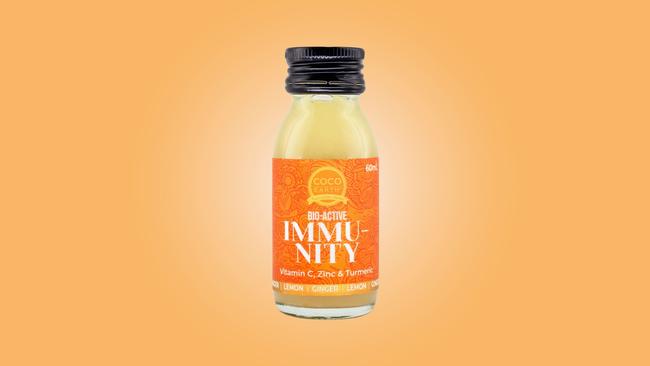
Targeted painkillers for migraine or period pain
Popping a pill that targets period pain, migraines or joint pain might sound like a solution to your discomfort, but don’t waste your money. Ibuprofen works by dampening pain, but no painkiller is able to mysteriously travel to a specific part of the body that hurts. In the Which? report, Dr Andrew Moore, a former Oxford University senior research fellow, was quoted as saying, “It’s impossible to formulate for headache or joint pain or period pain,” and that products claiming to do so can needlessly cost you more money.
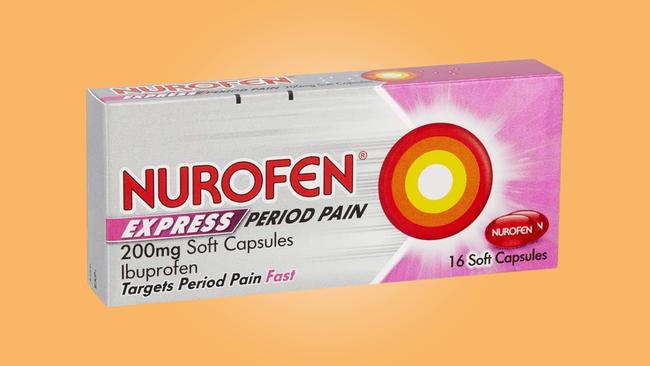
Isotonic sports drinks
Unless you are in training for a marathon or triathlon or are an athlete, using isotonic sports drinks containing particles of carbohydrate is unnecessary.
“For low to moderate-intensity swimming, running or cycling lasting 45 to 60 minutes or less, fluid losses are likely to be small and there is little benefit to be gained from consuming sports drinks compared with water,” says Anita Bean, a registered nutritionist and author of The Complete Guide to Sports Nutrition. “Only during very high-intensity exercise lasting up to 75 minutes or endurance exercise of over an hour, when muscle glycogen stores are a limiting factor, will isotonic drinks be helpful in topping up carb stores and preventing dehydration.”
If you want to try one, make your own using diluted squash (the full-sugar variety) with a pinch of salt (not enough to taste). “That is essentially a DIY isotonic drink,” says Dr Lewis James, a reader in human nutrition at Loughborough University who specialises in hydration.
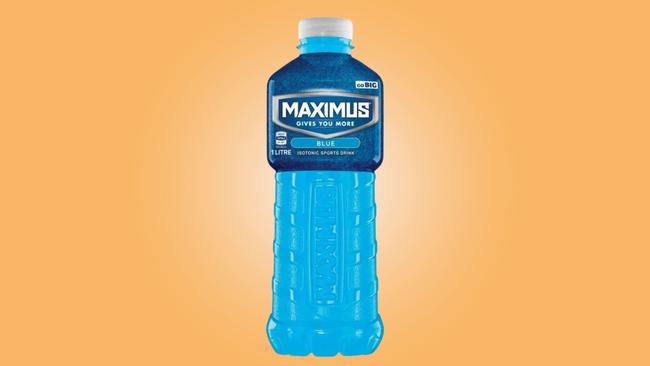
Collagen creams and supplements
Products containing collagen, usually derived from animal connective tissue, are billed as a panacea for ageing skin. Yet no large-scale study - many of the smaller trials are commercially funded - has demonstrated that they prevent wrinkles.
In the Which? report, Dr Thivi Maruthappu, of the British Cosmetic Dermatology Group, said that collagen molecules are too large to penetrate the outer layer of the skin anyway and are unlikely to produce a lasting change in appearance. In theory collagen powders or pills would be more likely to reach the deeper layer of the skin if absorbed into the bloodstream, but, as Maruthappu says, it is not possible to target wrinkles specifically.
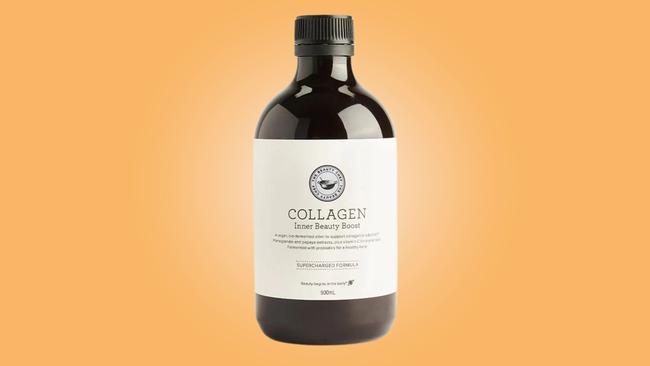
Activated charcoal for detoxification
If you believe the hype, activated charcoal-containing capsules and drinks will aid digestion and help with the body’s detoxification processes. Made from oxidised black powder that is usually derived from coconut-shell particles, the charcoal is “activated” when treated with oxygen at high temperatures. It is sometimes used as an emergency overdose treatment because charcoal binds to toxins in the GI tract, preventing them from being absorbed by the body, but evidence for general health benefits is scant.
“There is no strong proof it is beneficial and there are some adverse effects of using it,” says Rhiannon Lambert, a registered nutritionist and author of The Science of Plant Based Nutrition. “It can react with medications and slow down your bowel movements, causing black stools, vomiting, diarrhoea and constipation.”
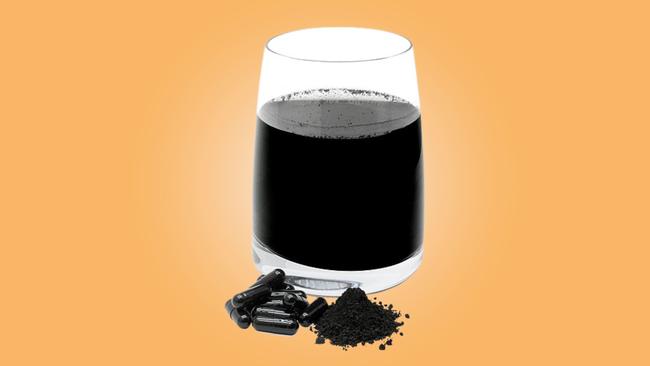
Ginkgo biloba and brain health supplements
Concerns about age-related cognitive decline and dementia have led to a booming market in brain-health supplements containing ingredients such as ginkgo biloba and omega-3 fatty acids, and carrying hopes of enhanced memory and sharper attention and focus.
A report by the Global Council on Brain Health, which included UK researchers, looked at evidence for a range of brain-health ingredients, including B vitamins, omega-3 fatty acids and ginkgo biloba, and found little evidence that supplements improve brain function or prevent dementia.
A healthy diet is known to be important for a healthy brain and a study published last year by researchers from Newcastle University showed that the Mediterranean diet - rich in brain-friendly nutrients such as antioxidants from fruit and vegetables and omega-3 fatty acids from fish oils - can reduce dementia by up to 23 per cent. But that doesn’t mean supplements will do the same, and the Alzheimer’s Society says that while some small studies suggest omega-3 supplements might improve symptoms in the early stages of dementia, they have no effect in later stages.
Overall there is “not enough evidence to say that a diet rich in omega-3 will reduce a person’s risk of developing dementia”.
A five-year Lancet study of 2,854 people found that taking ginkgo did not reduce the risk of developing Alzheimer’s disease.
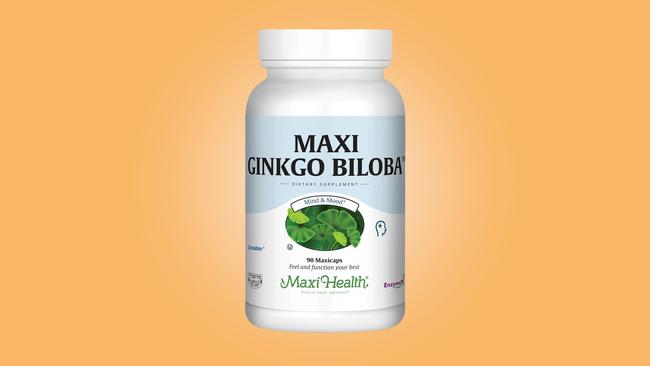
High-strength vitamin C and immune-boosting supplements
Supplements containing a cocktail of so-called immune-supporting nutrients, including vitamins B12, C and D, selenium, zinc and iron, will not boost your immunity against infection. According to the Advertising Standards Authority (ASA), no product should claim that it “contributes to, helps or supports” immune defences, and should only, where appropriate, say that it might “contribute to the normal function of the immune system”.
Vitamin C is important for immunity, but you can get enough to bolster defences by eating your five-a-day. Mega-doses won’t make much difference, Macciochi says. “If you are deficient in vitamin C, you might be at a higher susceptibility of catching a cold,” she says. “But supplementing with high doses of vitamin C does not reduce the risk for most people.”
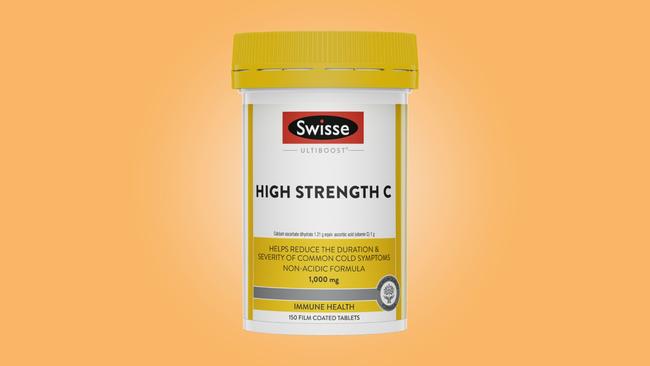
Detox teas
Fact: the liver and kidneys automatically detoxify and excrete many toxic materials, including metabolic wastes, and the ASA says it “has not seen evidence to support the theory that toxins can be removed from the body by other means”, which includes detox teas.
The Which? report criticised such products, with Shefalee Loth, its nutritionist, stating that “there’s no evidence detox teas offer any benefits”.
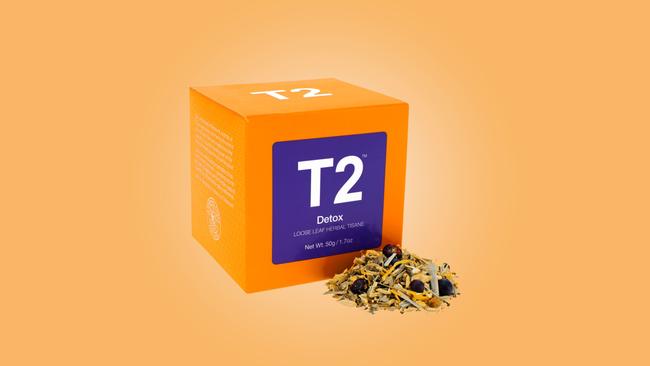
Probiotic pills
Probiotics are present naturally in foods such as yoghurt, some cheeses and fermented foods, and work by altering the composition of the gut microbiome, the vast network of bacteria, fungi and yeasts that inhabit our digestive tract. Yet there is little evidence that popping a probiotic pill is going to be beneficial for most of us.
Glenn Gibson, professor of food microbiology at the University of Reading, says that despite what many probiotic manufacturers claim, “there’s no convincing proof that bacterial diversity is a good thing in terms of warding off illness and infection”. And Eli Brecher, a registered nutritionist who specialises in gut health, says you can have too much of a good thing.
Last year a study from Stanford University’s school of medicine showed that while some people may benefit from taking probiotic supplements, for others - dubbed “probiotic nonresponders” - they make conditions such as high blood pressure and cholesterol levels worse.
“Excessive amounts of good and bad bacteria can also cause problems such as nausea and bloating,” Brecher says. “Getting probiotics from food is always the best idea as you are less likely to overdo it.”
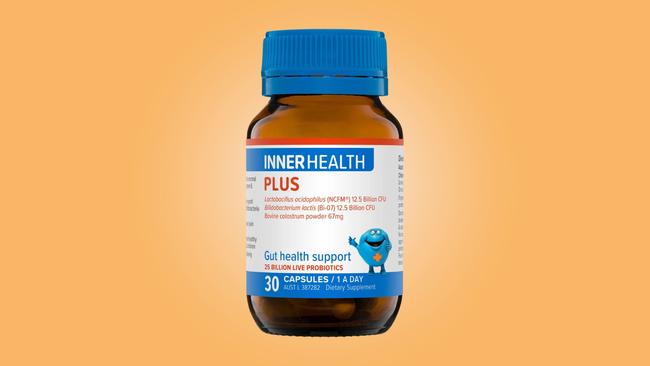
Copper bracelets and magnets for back and knee pain
Applying magnets to your joints or using magnetic mattress pads while you sleep is said to increase the circulation of iron in the blood, which helps to deliver nutrients to the joints, thereby relieving pain.
However, the charity Versus Arthritis says that while it is safe, the evidence is “too patchy” for it to recommend magnetic therapy for pain relief and there is little evidence to support its effectiveness.
For one study at the University of York, 70 rheumatoid arthritis patients were asked to wear copper bracelets or magnetic wrist straps for five weeks to see if they had any effect on pain or on reducing inflammation, measured by blood samples.
The results, published in the journal Plos One, showed the copper and magnetic items offered “no meaningful therapeutic effects beyond those of a placebo”.
A previous study by the same team, published in the journal Complementary Therapies in Medicine, reported that the same devices had no benefit for people with osteoarthritis, which is often caused by wear and tear of joints.
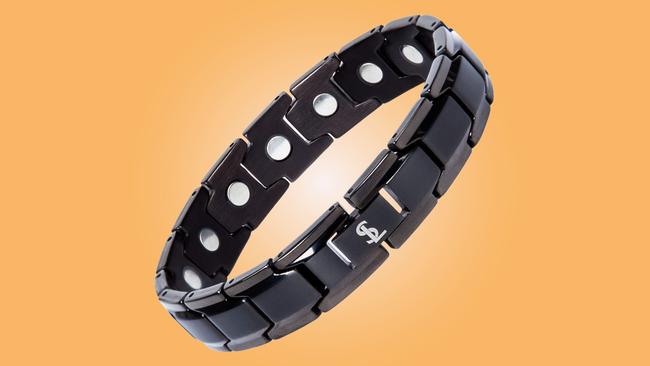
Herbal menopause supplements such as black cohosh
Billed as natural alternatives to hormone replacement therapy, herbal menopause supplements contain plant-based ingredients that promise to relieve symptoms such as hot flushes and night sweats. These often include extracts of a Native American root called black cohosh (Actaea racemosa), although evidence for it is inconclusive and a Cochrane review of 16 published studies showed no difference in the number of hot flushes experienced by women asked to consume black cohosh and those who took a placebo. A study published in Jama Network reached a similar conclusion.
Dr Nicky Keay, an endocrinologist and lecturer in medicine at University College London, says products containing ingredients such as black cohosh and red clover leaf are expensive and come with no guarantee that they will help.
A meta-analysis by the National Institute for Health and Care Excellence compared the effectiveness of many treatments, including black cohosh, to establish the guidelines on menopause known as NG23. “In response to the findings,” Keay says, “the British Menopause Society’s patient arm stated that herbal remedies which are not regulated by a medicine authority should not be considered safe for all, as there is so much variety in their potency, and that there may be significant side-effects or interactions.”
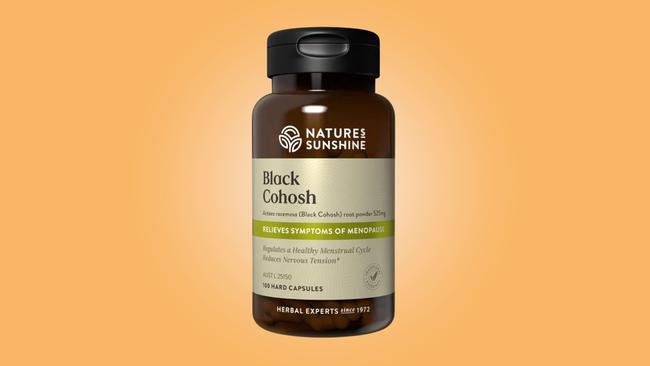
Echinacea
In the 1990s and early 2000s echinacea - a purple-flowering Native American plant - was the go-to supplement believed to prevent and even knock out colds. Despite some evidence in its favour, Macciochi says “the jury is still out on echinacea” and a Cochrane review on its benefits concluded that “echinacea products have not been shown to provide benefits for treating colds”, adding that any benefit would be weak. “It’s complicated by the fact that there are different species of echinacea, all with various active ingredients,” Macciochi says. “There are now over 800 echinacea-containing products with little scientific consensus on the best formula to take, what dose or for how long.”
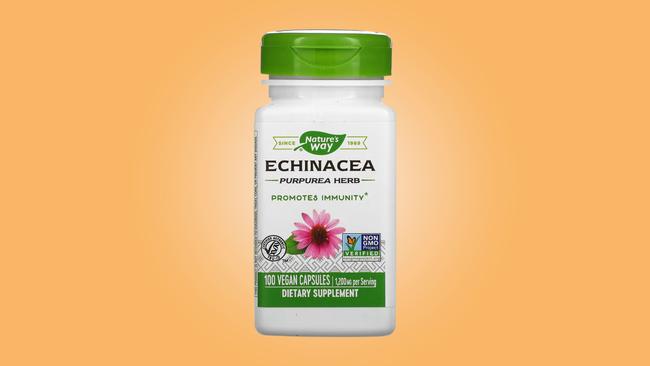
Protein shakes
Supplements containing glucosamine and chondroitin, both components of cartilage, claim to help with knee and joint health, but experts say there is not enough evidence to show they work.
Health experts say that UK adults need 0.75g of protein per kilogram of their body weight a day to stay healthy, which equates to an average 45g for women and 55g for men, or two palm-sized portions of meat, fish, nuts or tofu a day.
There is strong evidence from studies, including a review in the British Journal of Sports Medicine, that highly active people and those aged 40 or older need more than is recommended to sustain healthy muscles, and should aim for closer to 1-1.6g per kilogram of body weight a day - about 60-100g of protein a day for someone weighing 10st/65kg.
Unless you are an elite athlete, even this amount is easily obtainable from food, including red meat or chicken, tofu, eggs and nuts.
Whey is a good source of leucine, an amino acid that can help to maintain muscles, but so are Greek yoghurt and salmon. “Consuming more protein than you need from whey supplements won’t produce further gains in muscle mass, strength or health,” Bean says.
An 18-year study involving 12,200 adults found that varying your protein intake rather than relying on a single source, such as shakes, had a better outcome for heart health. Findings published in the journal Hypertension showed that people who ate at least four different types of protein regularly had a 66 per cent lower risk of raised blood pressure.
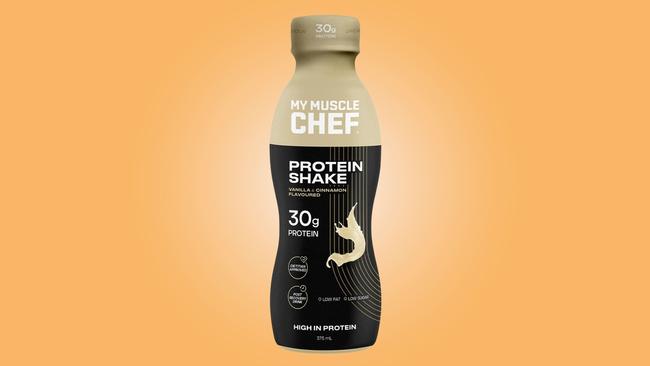
Glucosamine and chondroitin joint supplements
Supplements containing glucosamine and chondroitin, both components of cartilage, claim to help with knee and joint health, but experts say there is not enough evidence to show they work.
Dr Fiona Watt, a consultant rheumatologist and reader at Imperial College London, says that because the ingredients are broken down by the gut, “we can’t tell whether they have a direct effect on a joint”.
One landmark study in the journal Arthritis and Rheumatology, which aimed to look at the effects of giving either a combined supplement of glucosamine and chondroitin or a placebo to 164 patients with osteoarthritis knee pain, was stopped early because those taking the joint supplement reported worse symptoms than those taking a placebo.
Last year a review involving nearly 4,000 people with knee pain, in the Archives of Orthopaedic and Trauma Surgery, found no convincing evidence that glucosamine and chondroitin offered significant benefit.
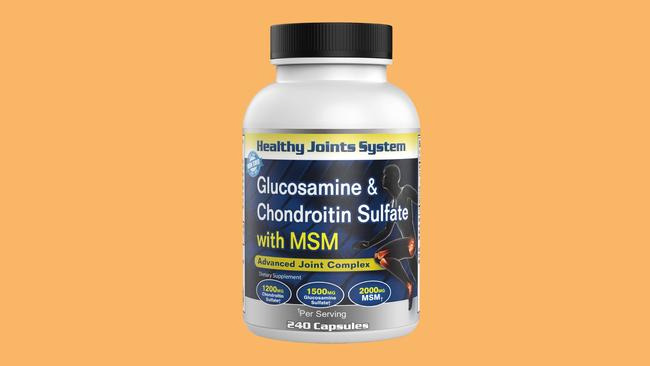
Whitening toothpastes
They promise a brighter smile, but no matter how much scrubbing you do, whitening toothpastes won’t make your teeth whiter. Typically, a whitening toothpaste contains some abrasive ingredients, such as silica, foaming agents, such as sodium lauryl sulfate and cocamidopropyl betaine, and sometimes phosphates for tartar reduction. There are also bleaching agents, but levels permitted are too small to make much difference.
Dr Nigel Carter, chief executive of the Oral Health Foundation, says that the ingredients can help to remove some surface stains, such as discolouration from coffee and tea drinking, but that whitening toothpastes “are not strong enough to change the shade of your teeth”.
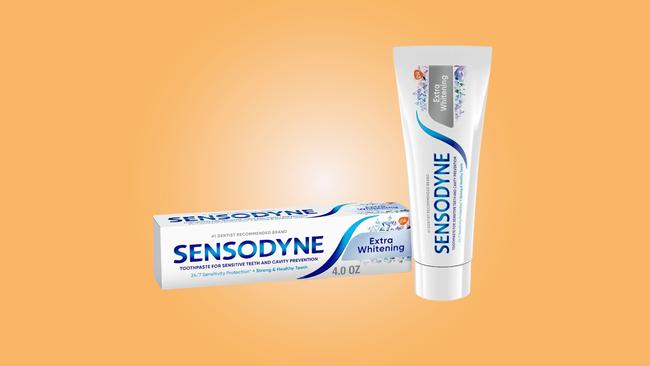

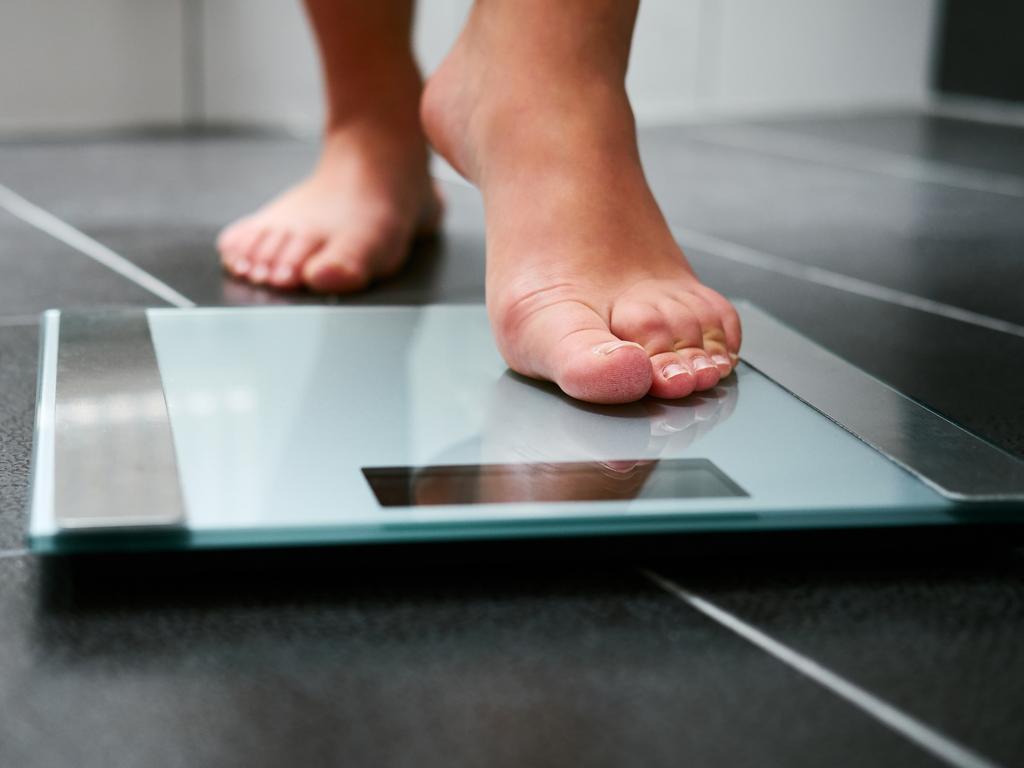



To join the conversation, please log in. Don't have an account? Register
Join the conversation, you are commenting as Logout